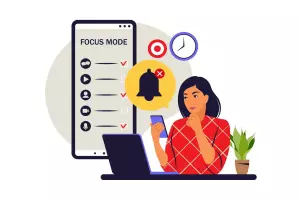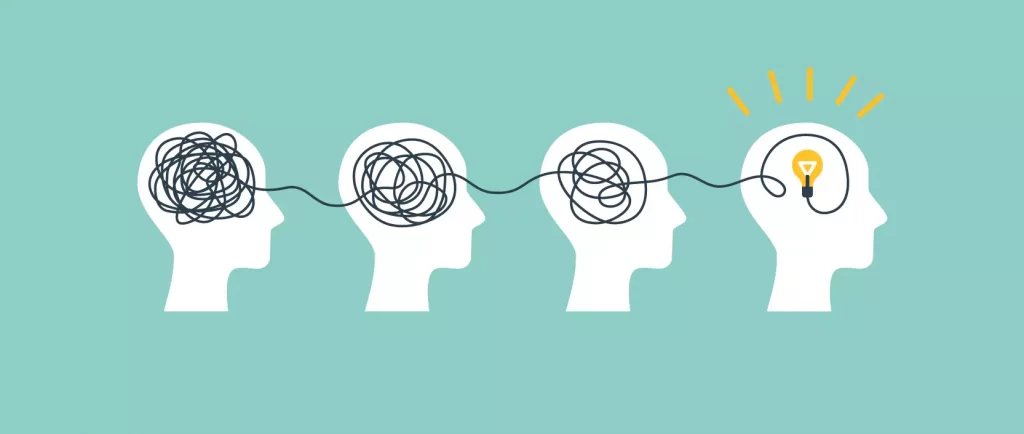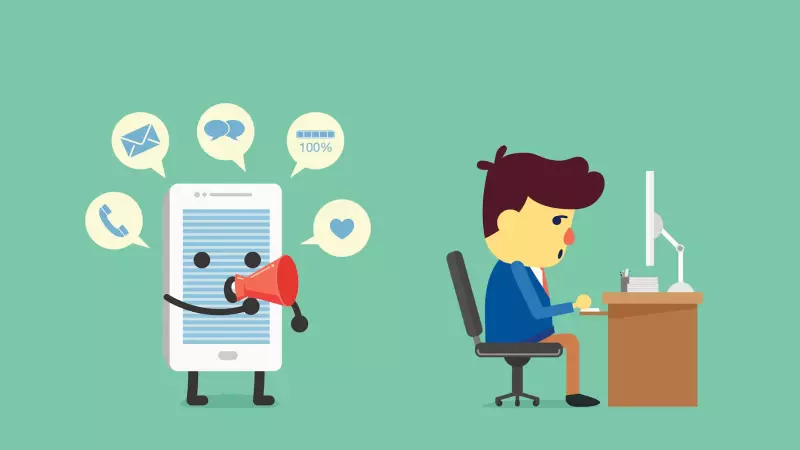 Sathya Sai Baba says that concentration brings success to any activity engaged upon – that is – when we give our undivided focus, attention and concentration. In this day and age of screens – phones, tablets, laptops, computers, television much has changed for humanity. Messaging applications, Chat apps, Facebook, Facetime, video and streaming services capture attention. What is happening to humanity in this modern connected world with its relentless fracking of our attention?
Sathya Sai Baba says that concentration brings success to any activity engaged upon – that is – when we give our undivided focus, attention and concentration. In this day and age of screens – phones, tablets, laptops, computers, television much has changed for humanity. Messaging applications, Chat apps, Facebook, Facetime, video and streaming services capture attention. What is happening to humanity in this modern connected world with its relentless fracking of our attention?
There are those who say they can do three or four things at once. Music can be playing, work can be done, messages arrive, prompts arrive on the phone from texts, social media, apps we have installed. Many say they can handle all this seamlessly. It least it appears so. In fact, it is not, whenever we switch from one task to another, focus is lost, attention is lost, and the brain papers over the disconnect, making it all appear seamless switching. Switching between tasks has an internal cost.
Switching Tasks, the Brain, Exhaustion
Switching between tasks breaks the functionality of the brain, which is associative in activity. The brain associates information it receives, and each time attention is taken away from a task, the brain loses the train of thought and the trail of information. Concentration is lost, retention is lost, and expressing thought and solutions suffers. Good thinking falls by the wayside as thinking becomes shallow. Distractions to our attention leaves us with fewer options for output from our work. Our options become exhausted.
This exhaustion comes from the massive expansion of information that our attention is assailed with. Some skim information for headlines and highlights; others surf pages. It is a well known fact that the average time on a website is between 10 – 30 seconds. If a website is keeping visitors for longer than 30 seconds, it is doing well, getting a message across. The Urban Dictionary tells us of a new acronym: TL:DR – too long, didn’t read. The more information you pump in, the less time people have to focus on it.
This massive expansion of information requires focus; it sacrifices depth: depth of attention, depth of time, depth of reflection; depth takes energy, depth takes long time spans. Depth of attention and concentration takes commitment. Furthermore, – entertainment – which can consume hours and hours and hours loses wisdom, principles and meaning. Among those who consume entertainment, who takes the time to review the values presented in drama, killing, mayhem and destruction portrayed by the media? There is a well-known addiction recognised by lightworkers: the addiction to drama and conflict. Young people have become addicted to gaming, and have died whilst gaming online. But let’s just come back to you and your phone, your Facebook, Instagram, TikTok, Telegram, WeChat, messaging from apps and sites we have subscribed to. Perhaps you subscribe to a dating site! !Important!
Importance of Flow
All these calls – fracking, really – to our attention builds hyper-vigilance, causes a loss of functionality in our brains as we endlessly swipe left, and our capacity to process more information becomes eroded. We lose Flow in our lives.
Flow is the ability lock into a topic, an activity, a project, and effortlessly sustain attention, concentration and thought. You become absorbed in what you are doing, you lose a sense of yourself, time falls away and you are flowing with the experience itself. This is the deepest form of focus and attention. Albert Einstein’s wife would leave meals – lunch and dinner – in his workroom – he would not discover them until a day later, such was the depth of his flow.
Flow will carry you through difficult tasks.
Elements of Flow:
- Have a clearly defined goal
- Resolve to do one thing to the exclusion of others
- Doing something that is meaningful to you
- Doing something at the edge of your abilities but not beyond them
(Love makes space: make space for yourself!)
What do we need?
The massive expansion of information that our attention is assailed with causes internal breakdowns within the brain. Your brain needs time. A brain needs time when we are asleep to make connections and associations between information taken in during the waking hours. Neurons that fire together, wire together. However, if the brain does not get time, and the information is absorbed without a full focus with attention, connections between data taken in during the waking hours will be shallow, poor and bereft of creativity. If we don’t build in sleep (sleep that is NOT preceded with hours of screen time), if we don’t switch off and turn away from distractions, if we don’t get quality relaxation, we will falter.
Social media, gaming, messaging, watching live-streaming or streaming media before bed time sacrifices quality sleep and quality brain time while we are asleep. Moreover, if our diet is poor, filled with the empty calories of fast foods, then we don’t build energy to burn for our basic functions, let alone quality time when we are relaxing, when we are asleep. Our bodies, our minds, our brains really have important physical needs. Endless fracking of attention, poor sleep and poor diet is not the pathway to true humanness.
When the last thing before sleep is checking the phone – which gets put under the pillow – and the first thing that happens upon awakening is checking the phone, what hope is there? What options do we have for being in control of our future? What options are there for true humanness?
Summary of Principal Points:
1. The increase in speed, switching and altering in our daily lives
Your attention starts to collapse if you go too fast, you switch between tasks too much, or you are bombarded with so much stimuli you have to mentally filter a lot of it out.
2. The crippling of our flow states
A flow state is when you are doing one thing and you get immersed in it, and your sense of time and ego fall away. It’s the deepest form of attention – and it’s being deeply disrupted at the moment.
3. The rise of physical and mental exhaustion
Sleep and rest are essential for focus – and we are doing far less of both.
4. The collapse of sustained reading
The practice of reading books trains us to think in a deep, focused, linear way. This has been declining for years.
5. The disruption of mind-wandering
This form of attention is where we think back over our experiences and make sense of them. We have stripped out the space for this crucial form of thinking.
6. The rise of technology that can track and manipulate you
Common technologies are specifically designed to hack and invade our attention.
7. The rise of cruel optimism
Governments and corporations are increasingly attempting to deal with the problems of big, social causes by offering only small, individual solutions. It is cruel because it sets the individual up to fail and blame themselves. It makes them miss the bigger solutions.
8. The surge in stress and triggering vigilance
Stress tips you into a state called “vigilance” where you start scanning for risks and dangers all around, and deep focus becomes much harder. We are all more stressed, especially during Covid-19.
9. Deteriorating diets
The way we eat is ruining our ability to focus. It causes energy spikes and crashes. It deprives us of nutrients necessary for our brains. And much of what we eat contains additives that make us restless.
10. Rising chemical pollution
We are now surrounded by chemicals and pollutants that cause inflammation in our brains and harm our ability to think clearly. There are microplastics in much of the food and water we consume.
11. The rise of ADHD and how we are responding to it
For some people, there is a real biological contribution to their attention problems – but we often respond in an overly simplistic way that does not meet their deeper needs. Ritalin and similar drug solutions are often no solution at all.
12. The confinement of our children, both physically and psychologically
Our children are struggling to focus at precisely the moment in which childhood has radically changed. We need to understand the deeper factors disrupting kids’ attention.

![]()


